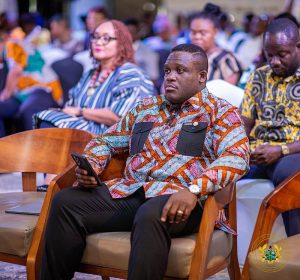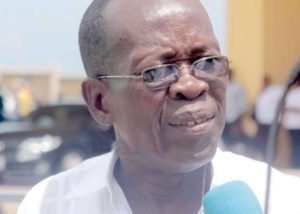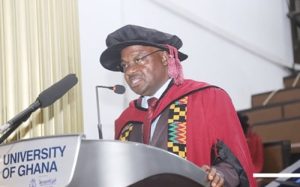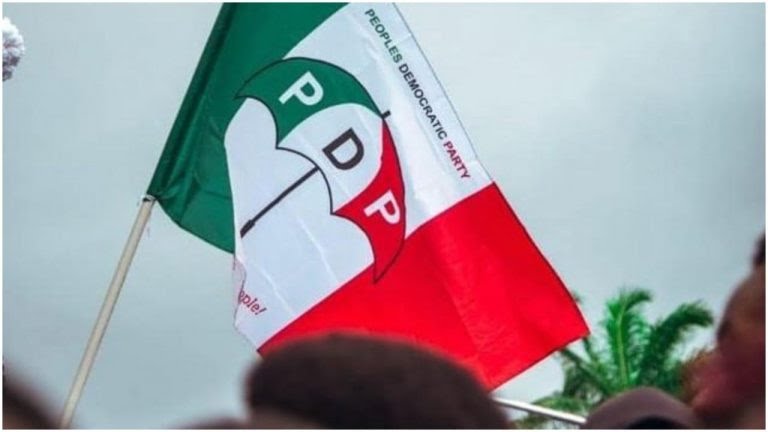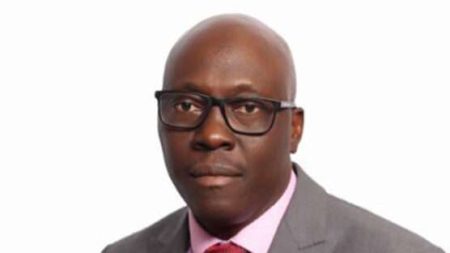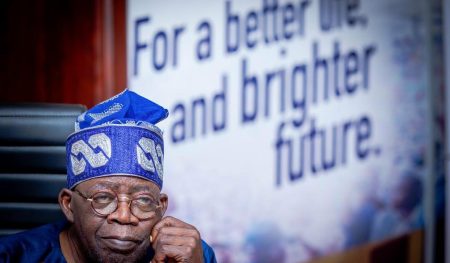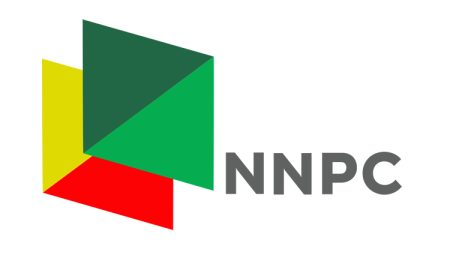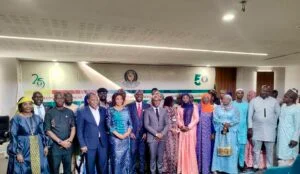The Peoples Democratic Party (PDP) finds itself entangled in a web of internal discord, casting a shadow of uncertainty over the scheduled 100th National Executive Committee (NEC) meeting. Two factions within the National Working Committee (NWC), one led by Acting National Chairman Umar Damagum and the other by Deputy National Chairman (South) Taofeek Arapaja, have issued conflicting statements regarding the meeting, creating confusion and raising concerns about the party’s ability to navigate its internal challenges. The crux of the disagreement lies in the scheduling and nature of the meeting, with both factions vying for control over the party’s direction.
Arapaja’s faction insists that the NEC meeting will proceed as planned on June 30th, citing the party’s constitution, which mandates the meeting’s occurrence. They emphasize that the date was unanimously agreed upon during the 99th NEC session and cannot be altered by any individual or group. Arapaja’s group views any attempt to change the schedule as a violation of the party’s constitution and an affront to the principles of internal democracy. Furthermore, they dismiss claims of a “Special Expanded National Caucus” meeting, arguing that such a body has no constitutional basis and lacks the authority to make decisions on behalf of the party. Their unwavering stance signals a commitment to upholding established procedures and resisting any attempts to circumvent them.
In contrast, Damagum’s faction has announced an expanded caucus meeting, also scheduled for June 30th, creating a direct conflict with Arapaja’s NEC meeting. This caucus meeting is purportedly intended to address critical party matters, including updates from the zoning and convention organizing committees. The invitation list for this meeting is extensive, encompassing various party stakeholders, including statutory members of the national caucus, deputy national officers, Board of Trustees members, state chairpersons, National Assembly members, former NWC members, and former governors and governorship candidates. This broad invitation suggests an attempt to gather a significant portion of the party’s leadership to potentially override the scheduled NEC meeting.
The conflicting schedules and the nature of the proposed gatherings highlight the deep divisions within the PDP’s leadership. The power struggle between Damagum and Arapaja reflects broader tensions within the party as it grapples with internal power dynamics and prepares for upcoming elections. The dispute over the NEC meeting serves as a microcosm of the larger challenges facing the PDP, raising questions about its ability to present a united front. The insistence of both factions on holding their respective meetings on the same day underscores the urgency and seriousness of the situation, with both sides seemingly unwilling to compromise.
The competing narratives and the lack of clarity surrounding the meeting create a sense of uncertainty and instability within the party. This internal conflict threatens to undermine the PDP’s efforts to rebuild and reposition itself as a viable political force. The ongoing dispute not only distracts from the party’s broader political agenda but also raises concerns about its ability to effectively manage internal disagreements and maintain a cohesive structure. The confusion surrounding the NEC meeting could further erode public trust and confidence in the party’s ability to govern effectively.
The unfolding events within the PDP highlight the fragility of internal party dynamics and the potential consequences of unresolved leadership disputes. The conflicting claims, competing meetings, and absence of a clear resolution underscore the challenges confronting the party as it navigates a complex political landscape. The outcome of this power struggle will likely have significant implications for the PDP’s future, influencing its ability to present a united front, effectively address internal challenges, and regain its footing as a major political player. The situation demands a swift and decisive resolution to prevent further escalation of tensions and minimize the potential for long-term damage to the party’s image and electoral prospects.


